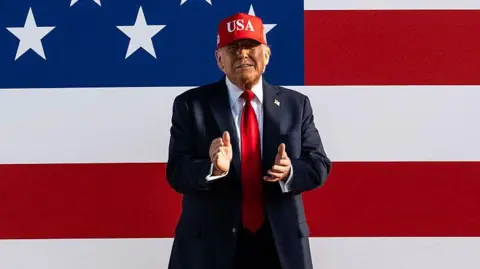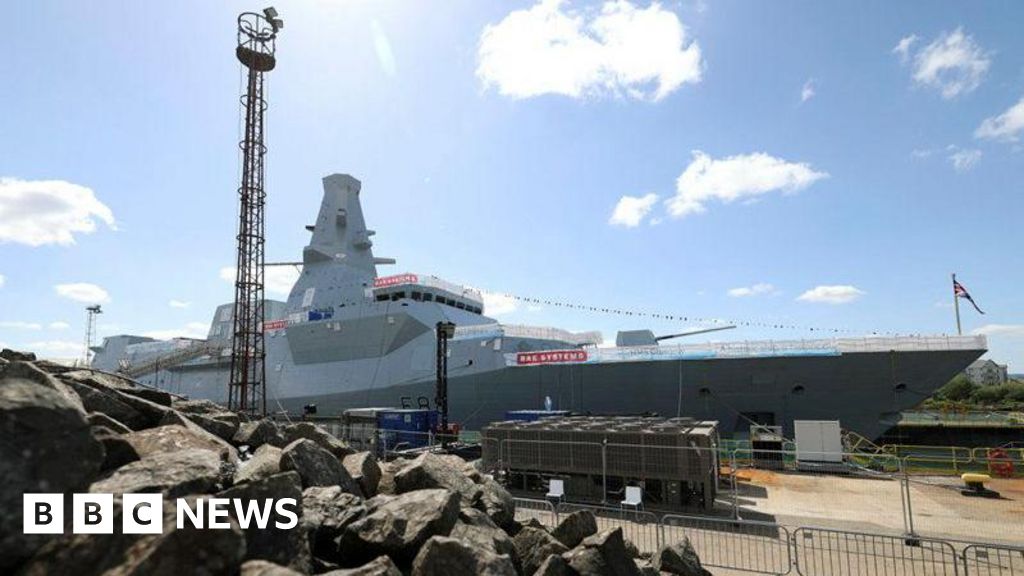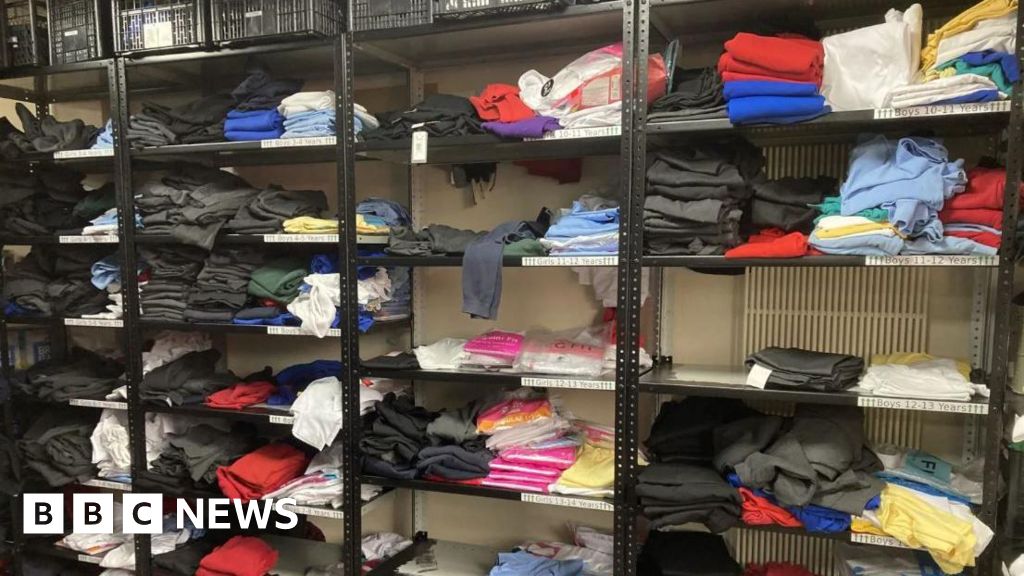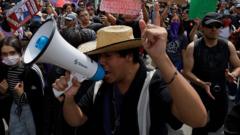Osmond Chia & Dearbail Jordan
Business reporters, BBC News
Reporting fromSingapore & London

 Getty Images
Getty Images
US President Donald Trump has warned that countries which side with the policies of the Brics alliance that go against US interests will be hit with an extra 10% tariff.
"Any country aligning themselves with the Anti-American policies of BRICS, will be charged an ADDITIONAL 10% tariff. There will be no exceptions to this policy," Trump wrote on social media.
Trump has long criticised Brics, an organisation whose members include China, Russia and India.
The US had set a 9 July deadline for countries to agree a trade deal, but US officials now say tariffs will begin on 1 August. Trump said he would send letters to countries telling them what the tariff rate will be if a deal is not reached.
Since taking office in January, Trump has announced a series of import tariffs on goods from other countries - arguing they will boost American manufacturing and protect jobs.
In April, on what he called "Liberation Day", he announced a wave of new taxes on goods from countries around the world - with some as high as 50% - although he quickly suspended his most aggressive plans to allow for three months of talks up until 9 July.
During this period, the US implemented a 10% tariff on goods entering the States from most of its international trading partners.
So far, the US has only struck trade agreements with the UK and Vietnam, as well as a partial deal with China.
However, Britain and America have still not reached a deal over taxes for UK steel imported by the US.
Asked whether the taxes would change on 9 July or 1 August, Trump said on Sunday: "They're going to be tariffs, the tariffs are going to be tariffs."
He added that between 10 and 15 letters would be sent to countries on Monday advising them on what their new tariff rate will be if a deal had not been reached.
US Commerce Secretary Howard Lutnick clarified that the taxes will come into force on 1 August.
Last week, Trump said Japan could face a "30% or 35%" tariff if the country failed to reach a deal with the US by Wednesday.
The European Union (EU) was told in May that it faced taxes of 50% unless it reached an agreement with the US.
Reports emerged last week suggesting the EU was considering a provisional agreement to keep a 10% tariff in place for most goods. It is also in talks about reducing a 25% tariffs on EU cars and parts and a 50% tax on steel and aluminium sales to the US.
Last year, the list of Brics members expanded beyond the original members of Brazil, Russia, India, China and South Africa to include Egypt, Ethiopia, Indonesia, Iran, Saudi Arabia and the United Arab Emirates.
The countries in the bloc - which was designed to boost the nations' international standing and challenge the US and western Europe - account for more than half of the world's population.
In 2024, Trump threatened 100% tariffs on Brics countries if they moved ahead with their own currency to rival the US dollar.
The threat by Trump on Sunday to countries working with Brics nations emerged after members criticised US tariff policies as well as proposing reforms to the International Monetary Fund (IMF) and how major currencies are valued.
Following a two-day meeting in Rio de Janeiro, Brics finance ministers issued a statement criticising tariffs as a threat to global economy, and bringing "uncertainty into international economic and trade activities".
Andrew Wilson, deputy secretary general of the International Chambers of Commerce, said it would be challenging for countries to move away from doing business with China.
He told the BBC's Today programme: "Shifting away from China...in a number of sectors is far more difficult to achieve in the world in practice.
"You look at the dominance China has in a number of sectors - EVs, batteries [and] particularly rare earths and magnets, there are no viable alternatives to China production."
What trade deals has the US agreed?
As of 7 July, the White House has reached tariff agreements with two countries alongside a partial deal with China.
The US has agreed to cut tariffs on UK cars and parts from 27.5% to 10% up to a quota of 100,000 vehicles. Taxes on aerospace goods have been cut to zero. In return, the UK has agreed to remove import taxes on US ethanol and beef.On 2 July, Trump announced a deal with Vietnam whereby Vietnamese goods shipped to America would be taxed at 20% and US products exported to Vietnam would face no tariffs. Any goods "trans-shipped" through Vietnam by another country that are sold into the US will be taxed at 40%.In May, the US and China agreed to lower some tariffs. US taxes on some Chinese imports fell from 145% to 30%. China's tariffs on some US goods were cut from 125% to 10%. China has also halted and scrapped other non-tariff countermeasures, such as the export of critical minerals to the US.

Get our flagship newsletter with all the headlines you need to start the day. Sign up here.

 Movie
Movie 1 month ago
77
1 month ago
77 






![Presidents Day Weekend Car Sales [2021 Edition] Presidents Day Weekend Car Sales [2021 Edition]](https://www.findthebestcarprice.com/wp-content/uploads/Presidents-Day-Weekend-car-sales.jpg)



 English (United States)
English (United States)